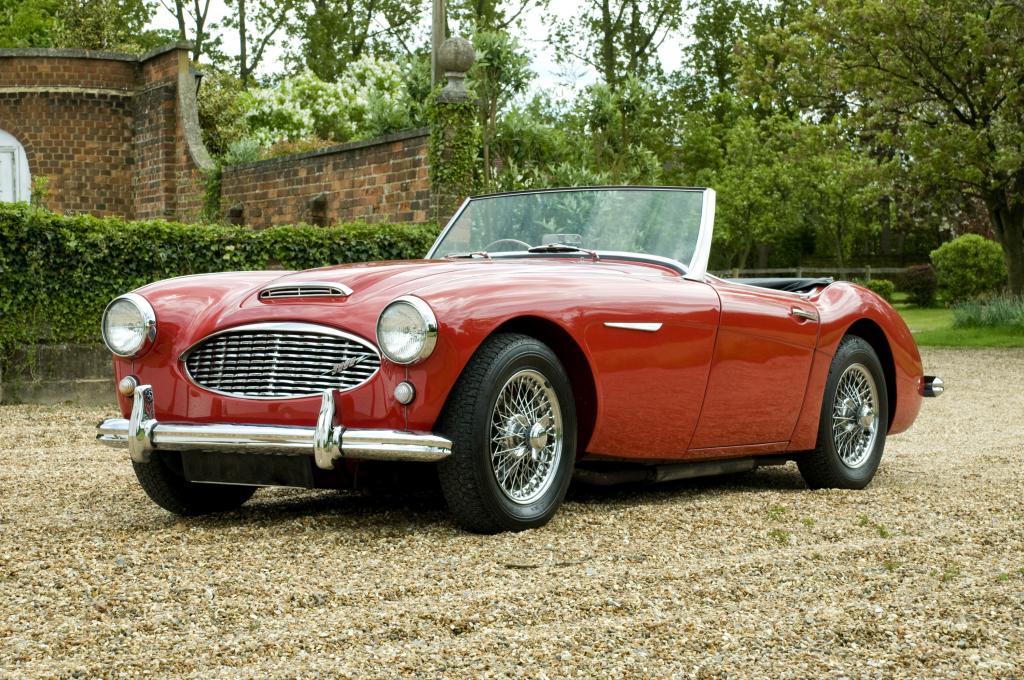
Whether you drive a Lamborghini or a Land Rover, a Ferrari or a Fiat, our cars often hold a special place in our hearts. So, what happens to your car if you get divorced?
It’s often said that other than investing in property, cars are the most significant purchases that we make. This can lead to various issues during divorce proceedings, particularly when disputes arise over rare or valuable vehicles.
Who gets the car in a divorce?
The case of Joy v Joy-Morancho made the headlines in part because of a dispute over a £20million classic car portfolio. This consisted of 35 cars including a 1928 Bentley and Ferrari worth over £5million. In another case the husband’s primary objective was securing his multi-million pound car collection, including a Le Mans winning vehicle.
Whilst relatively few cases involve such a valuable collection, our clients often own valuable, high performance or classic cars. Even when cars are of a more modest value, they are still an asset to be disclosed and considered when determining any division. Here are a few questions that will help you to consider what will happen to your car if you get divorced and some points to be aware of.
How much is the car worth?
The first step is to establish the value of the vehicle. The most conclusive way to do this is to ask a registered dealer to carry out a valuation, although it is also possible to agree the value between yourselves.
You should consider if there are any liabilities such as a bank loan or finance agreement which in effect reduce the amount of the car that you own. It’s also important to check that you do actually own the vehicle, as many of us hold cars under lease or hire-purchase agreements.
If either of you have a personal number plate you should also take steps to find out how much this is worth. Whilst some plates simply have sentimental value, others can be worth tens, if not hundreds, of thousands of pounds.
What other assets are there?
The way that a car is dealt with in a divorce settlement will depend upon what other marital assets are held by the parties. If cars are retained by one party then this will impact the overall distribution of the matrimonial assets.
Alternatively, it may be possible to borrow against the value of the car – particularly if it is a classic car or has a particularly high value. There are loan companies who are prepared to take on cars as security against lending. This can then be used to help fund the divorce or provide a lump sum to buy out the other party.
Whose car is it anyway?
You might be surprised to hear that for divorce purposes it doesn’t actually matter in whose name your cars are registered – the important thing to remember is that matrimonial assets are treated jointly and added to the overall pot for distribution.
It’s sensible to try and agree between you who will retain the cars. This will reduce the likelihood of dispute and help keep stress levels and legal costs to a minimum.
Who is going to insure, tax and maintain the vehicle?
There are various legal requirements involved with running a car, such as keeping the vehicle taxed and insured and making sure that there is a valid MOT.
It is sensible to check who is making any direct debit payments and to ensure the legal requirements continue to be met, for example, should one party cancel the payments without notice to the other. If you have already separated then it may also be necessary to provide the DVLA with updated addresses.
You should also agree who will be responsible for maintaining the vehicles. Whilst cars are often depreciating assets, if your vehicles fall into disrepair then this will reduce the overall value of the matrimonial assets that is available for distribution.
If you would like to discuss your divorce with our Family team, please get in touch and we’d be happy to assist you.
